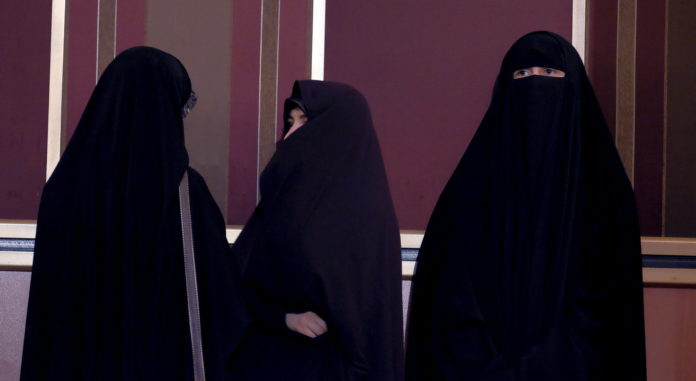The European Court of Justice has ruled that companies can ban employees from wearing the Islamic headscarf, but only as part of prohibitions including other religious and political symbols.
It is the first case of its kind amid a series of legal disputes over the right for Muslim women to wear the hijab at work.
As strong anti-immigrant sentiment spreads into the political mainstream and right-wing parties soar in popularity ahead of several key elections this year, the ruling is bound to fan the flames of long-simmering culture wars in Europe, especially in France.
Politicians on the right have welcomed a ruling by the EU’s highest court that allows companies to ban staff from wearing visible religious symbols, as a long-awaited legal judgement ricocheted into the French and Dutch election campaigns.
In its first decision on the issue of women wearing Islamic headscarves at work, the European court of justice in Luxembourg ruled the garments could be banned, but only as part of a general policy barring all religious and political symbols.
The court addressed complaints from two Muslim women,one from France and one from Belgium,who alleged that their employers had discriminated against them for wearing the Muslim headscarf, or hijab, to the office.
“An internal rule of an undertaking which prohibits the visible wearing of any political, philosophical or religious sign does not constitute direct discrimination,” the court said.
The long-awaited ruling came on the eve of Dutch elections, where Muslim immigration has been a contentious issue. In France,where the race to succeed President François Hollande remains wide open, politicians on the right seized on the issue.
“The court of justice finds that G4S’s internal rule refers to the wearing of visible signs of political, philosophical or religious beliefs and therefore covers any manifestation of such beliefs without distinction. The rule thus treats all employees to the undertaking in the same way, notably by requiring them, generally and without any differentiation, to dress neutrally.”
Maryam H’madoun at the Open Society Justice Initiative said she was disappointed by the ruling, which she described as discrimination against people who chose to show their religion in their dress.
The ruling prompted dismay from some religious groups. The Conference of European Rabbis, which comprises 700 Jewish leaders across Europe, said Europe was sending a clear message that its faith communities were no longer welcome. Referring to the rise of racially motivated incidents, Pinchas Goldschmidt, the group’s president, called on politicians to ensure Europe did not isolate religious minorities.



























